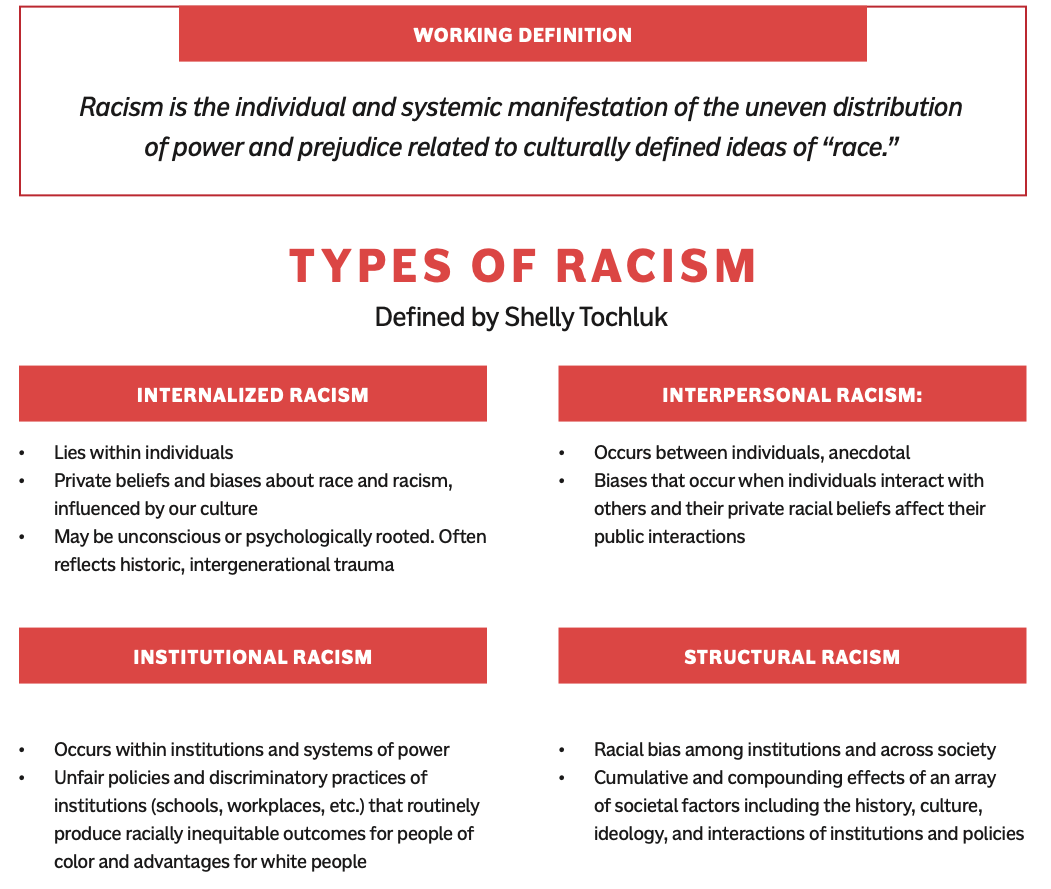Social Justice
International Day for the Elimination of Racial Discrimination
- 06 Apr 2021
- 6 min read
Why in News
Every year, 21st March, is observed as International Day for the Elimination of Racial Discrimination.
- The day calls for solidarity against racism and racial discrimination.
Key Points
- About:
- The United Nation General Assembly in October 1966 proclaimed 21st March as the International Day for the Elimination of Racial Discrimination, to be commemorated annually.
- On that day, in 1960, police opened fire and killed 69 people at a peaceful demonstration in Sharpeville, South Africa, against the apartheid pass laws.
- Aparthied:
- It was a policy which governed relations between South Africa’s white minority and non-white majority.
- It sanctioned racial segregation, poltical and economic discrimination against non-whites.
- Aparthied:
- Proclaiming the Day in 1966 which signifies the struggle to end the policy of apartheid in South Africa.
- 2021 Theme:
- ‘Youth standing up against racism'
- Significance:
- Racial discrimination, beyond being a breach of human rights, has harmful effects on human health and well-being, and risks wider disruptions to social cohesion.
Racism
- About:
- Racism, also called racialism, the belief that humans may be divided into separate and exclusive biological entities called “races”; that there is a causal link between inherited physical traits and traits of personality, intellect, morality, and other cultural and behavioral features; and that some races are innately superior to others.
- The term is also applied to political, economic, or legal institutions and systems that engage in or perpetuate discrimination on the basis of race or otherwise reinforce racial inequalities in wealth and income, education, health care, civil rights, and other areas.
Note
- Xenophobia and Racism mostly overlap, but the stark difference is racism is discrimination based on physical characteristics whereas xenophobia is discrimination based on the perception that someone is foreign or originating from another community or nation.
- The word Xenophobia originates from the Greek word Xeno.
- Current Prevalence:
- The anonymity of the Internet has allowed racist stereotypes and inaccurate information to spread online.
- At the onset of the pandemic, traffic to hate sites and specific posts against Asians grew by 200% in the US.
- In India and in Sri Lanka, social media groups and messaging platforms were used to call for social and economic boycotts of religious minorities, amid false information accusing them of spreading the virus.
- Structural forms of discrimination, including micro-aggressions and everyday indignities, remain widespread.
- The use of new technologies and artificial intelligence in security raise the spectre of ‘techno-racism’, as facial recognition programmes can misidentify and target racialized communities.
- Prejudiced attitudes and discriminatory acts, whether subtle or overt, aggravate existing inequalities in societies.
- A study published by The Lancet drew attention to the social dimension of the Covid-19 pandemic and the greater vulnerability of ethnic minorities, who have been disproportionately affected.
- The World Health Organization has cautioned on the dangers of profiling and stigmatising communities that can lead to fear and the subsequent concealment of cases and delays in detection.
- The anonymity of the Internet has allowed racist stereotypes and inaccurate information to spread online.
- Other Initiatives Against Racism:
- United Nations Educational, Scientific and Cultural Organization’s (UNESCO) actions against racism through education, the sciences, culture, and communication offer an example of a way forward.
- The International Coalition of Inclusive and Sustainable Cities of UNESCO provides an additional platform for city-level planning and a laboratory for good practices in the fight against racism.
- UNESCO’s headquarters in Paris hosted a Global Forum against Racism and Discrimination on 22nd March 2021, in partnership with the Republic of Korea.
- The Forum gathered policymakers, academics, and partners to initiate a new multi-stakeholder partnership on anti-racism.
- In January 2021 the World Economic Forum launched a coalition of organizations committed to improving racial and ethnic justice in the workplace.
- The ‘Black Lives Matter’ protests gained momentum in not only the United States but the whole world. People, as well as many governments across different countries, came forth against the prevalence of racial discrimination worldwide.
- United Nations Educational, Scientific and Cultural Organization’s (UNESCO) actions against racism through education, the sciences, culture, and communication offer an example of a way forward.
- Provisions Against Racial Discrimination in India:
- Article 15, Article 16 and Article 29 of the Constitution of India prohibit discrimination on grounds of “race”.
- Section 153A of the Indian Penal Code (IPC) also refers to “race”.
- India also ratified the International Convention on the Elimination of All Forms of Racial Discrimination (ICERD) in 1968.
Way Forward
- Through new approaches to intercultural dialogue and learning, youth and communities can be equipped with skills to eradicate harmful stereotypes and foster tolerance.
- Recent and new manifestations of racism and discrimination call for renewed commitments to mobilise for equality. Racism will not be overcome with mere professions of good faith but must be combatted with anti-racist action.
- A global culture of tolerance, equality and anti-discrimination should be built first and foremost in the minds of women and men.







